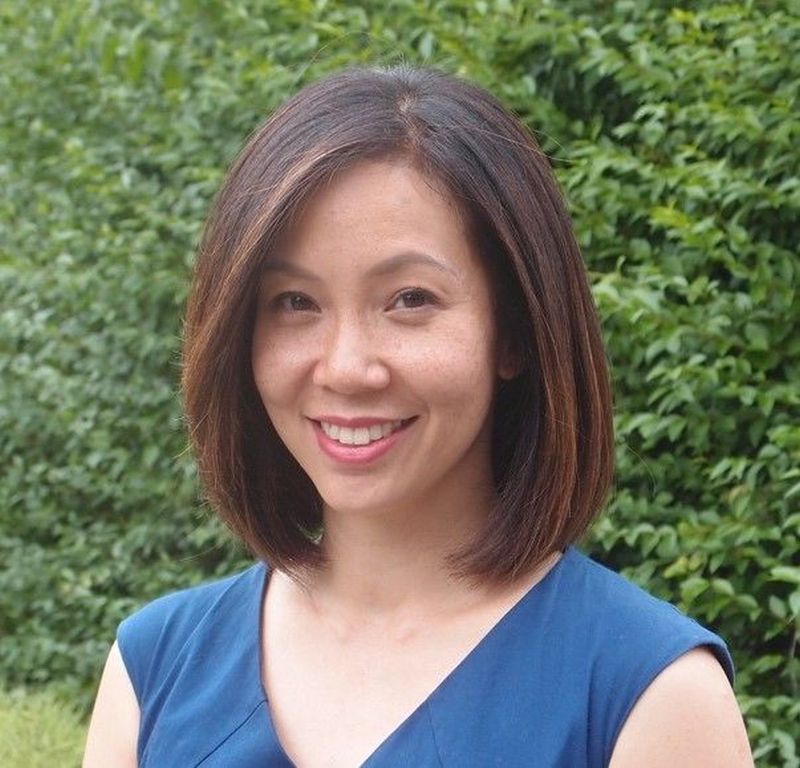KUALA LUMPUR, Oct 17 – Malaysian researcher Prof Dr Serena Nik-Zainal from the University of Cambridge has won a prestigious Switzerland award for cancer research.
Dr Serena won the Dr Josef Steiner Cancer Research Prize 2019 that was originally known as the “Nobel Prize for Cancer Research”.
“Thanks to her research, mutations in cancer tumours can be analysed using new bioinformatic methods, which enables new approaches to targeted therapies,” a statement from University of Bern read.
The prize will be awarded on October 18 at the University of Bern in Switzerland.
Dr Serena, who is from the Department of Medical Genetics at the University of Cambridge, UK, will present her work under the title “Accelerating holistic cancer genome interpretation towards the clinic” during the ceremony.
Dr Serena is a Cancer Research UK (CRUK) advanced clinician scientist and an honorary consultant in clinical genetics.
She qualified in medicine from the University of Cambridge in 2000 on a scholarship from Malaysia’s state-owned oil company Petronas; and undertook a PhD at the Wellcome Sanger Institute in 2009 exploring breast cancer using whole genome sequencing.
She was awarded a Wellcome Trust Intermediate Clinical Fellowship in 2013 and a CRUK Advanced Clinician Scientist Fellowship in 2017.
The Dr Josef Steiner Cancer Research Prize award is the Nobel Prize-equivalent for cancer research, and is presented every two years with a prize money of one million Swiss francs (RM4.2 million).
According to its website, the objective of the award is to honour outstanding cancer research: new basic concepts, new diagnostic or therapeutic approaches and preventive methods; to encourage those individuals who have contributed to basic knowledge of cancer by their systematic research work; to educate the public that cancer research progress is realised in a step by step manner; and to honour even small advances in the hope that a major breakthrough in cancer research will sooner or later occur.








